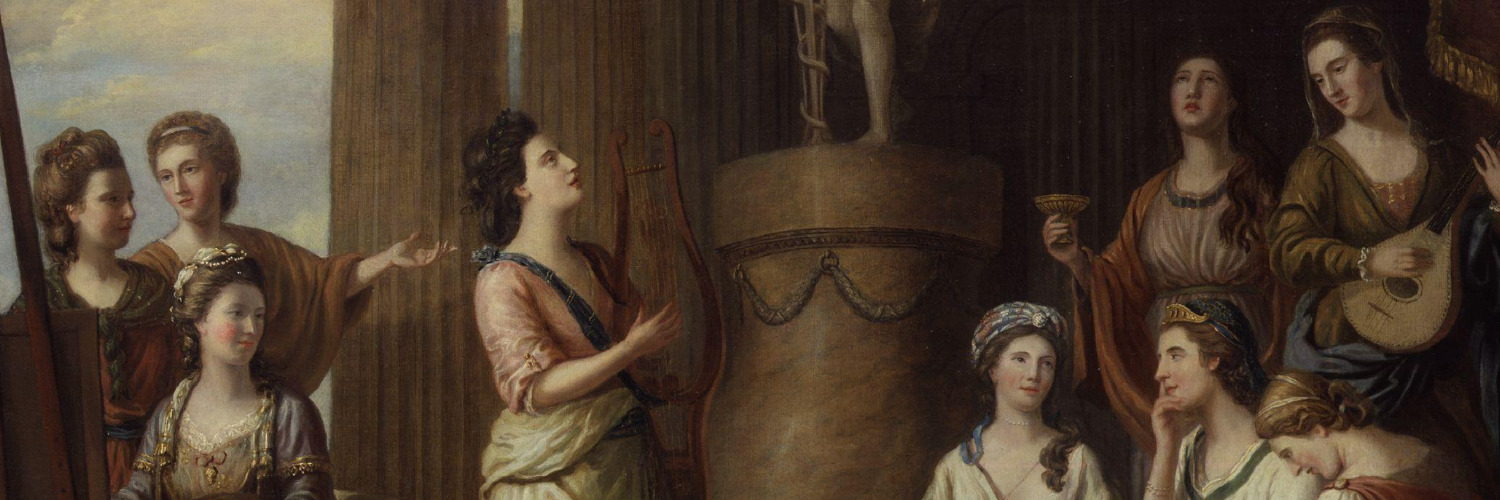- Physical form: One sheet, folded into 2 leaves (16 x 20 cm)
- Cover: Miss Rickards / Hampstead / Middlesex
- PM: 7o’Clock / 1 JU / 1802 N.T
- WM: None
- SM: Misc MS 4349
Greatly rejoiced was I on receiving a letter, & so kind & affectionate a letter, from my dear Lydia, on whom she rightly judges my thoughts often dwell, & give me leave to add, with all that complacence affection & esteem which naturally results from so intimate a knowledge of her character, & so long an experience of her partial attachment.—Mr Barbauld & myself accept with pleasure Mrs Rickard’s invitation, & will wait upon her on Tuesday. I will write to Charles & Arthur
since they are not to be favoured with a note from your own fair hand— I wish I could give you a better account of myself since my being in London than I am able to do, but the fact is, I have not read more of Gibbon than you of Hume,
& between calls that we receive, & calls that we make, & a few engagements, my time is completely swallowed up; so that I cannot help reflecting if I who have comparatively so few connections, & go to hardly any ^public^ places find my time melt away without
know
[fol 1v] knowing well what becomes of it, how must it be with those who are in the full vortex of pleasure & dissipation. I was gratified last Tuesday with seeing the distribution of the medals at the Society for the encouragement of arts, the Duke of Norfolk was President, he filled the office with much grace & contrived to say something obliging to every body; there were more women than men who received prizes for the arts, & as there are few occasions on which a young lady has to exhibit herself as an object of public attention, I could not help feeling greatly interested for the females who, with palpitating hearts, were to receive the reward of their talents
—The institute was closed the week before by a very elegant lecture from Mr Davy,
who leaves off a high favourite with the public & especially the ladies— You have not
[fol 2r] told me any thing about your health, I hope I shall see you look a little stouter than when I saw you ^last^, as to Mrs Rickards I cannot wish her to look better.— Charles has been here since I began my letter, & desires me to say, with his thanks for your obliging attention, that he & Arthur will wait on you on Tuesday. His [fa]ther is so well, that he & my Sister an[d] [one word obscured by seal residue] on a little tour as far as the isle of Wight
—they meant to have set out to day, as believing it to be the first of June, but perceiving it to be nearer the latitude of Christmas, they have put it off till the real June shall arrive— I should be sorry I am so near the end of my paper if I did not hope so soon to see you—In the mean accept the most affectionate Remembrances of Mr Barbauld & myself, & with best Compts to Mrs Rickards & Miss Harrop, also to Mrs Cook
believe me dearest Lydia Your obliged & ever affectionate

